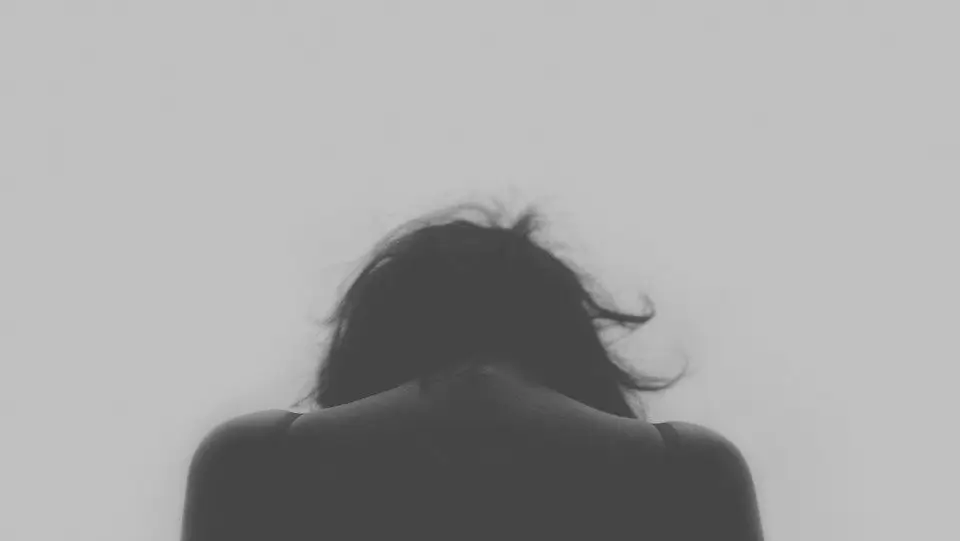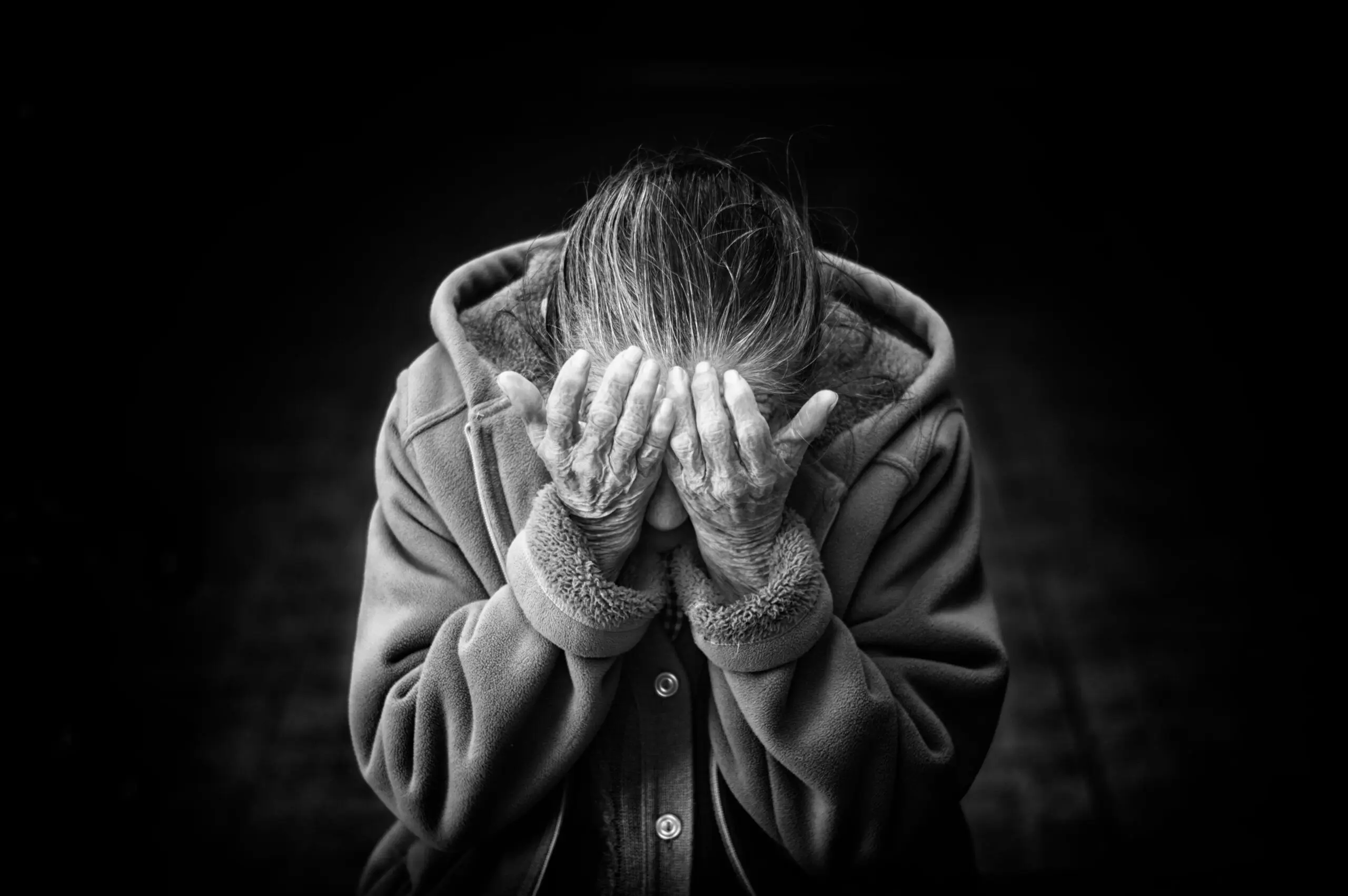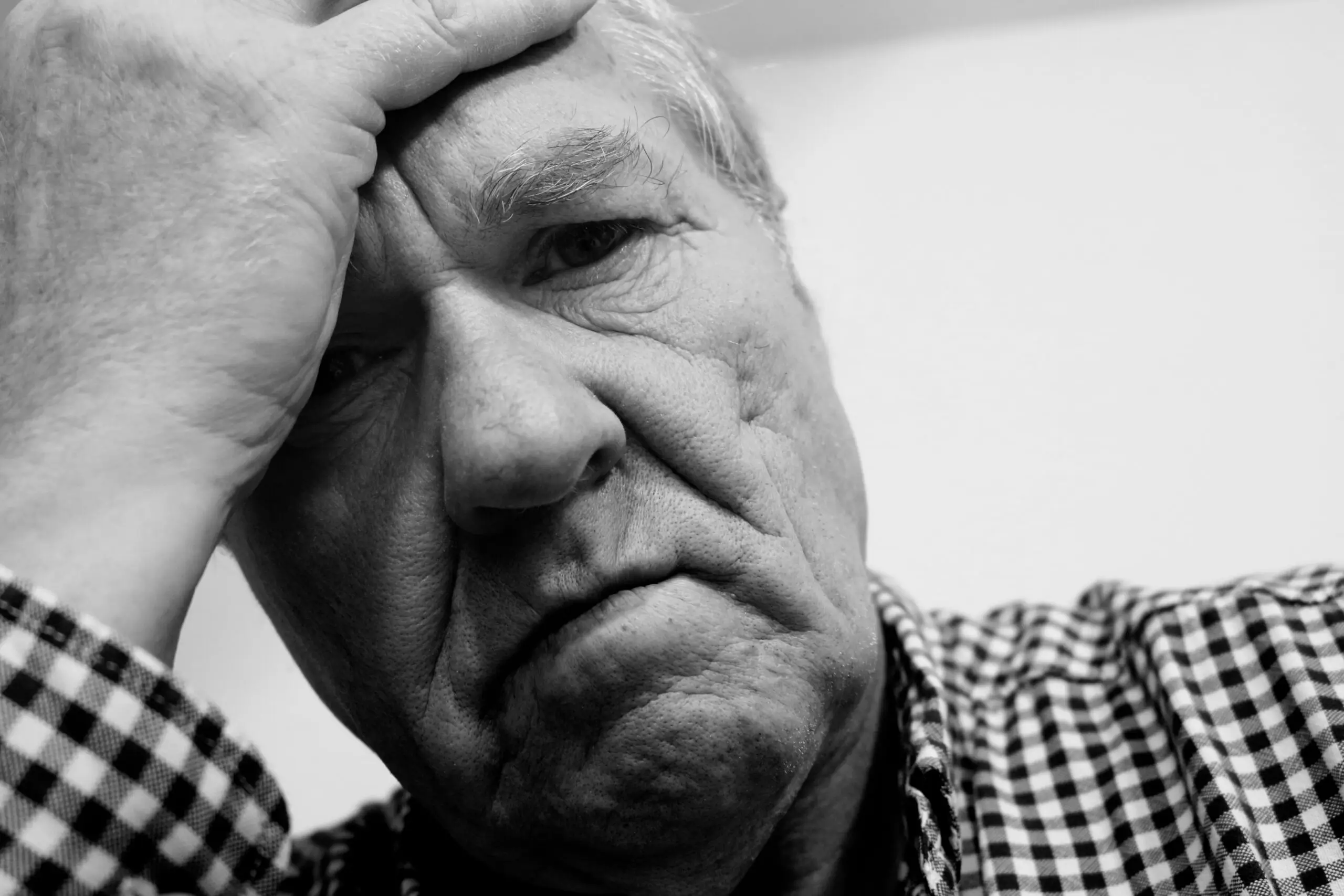The end of a caregiving journey brings a complex mix of emotions that can feel overwhelming and confusing. While grief is expected, many caregivers are surprised to experience relief after caregiving ends – a natural feeling that often triggers guilt. Understanding these emotions is crucial for healing and moving forward.
Understanding the Mix of Emotions
“It is perfectly appropriate to feel relieved at the same time you are feeling devastated,” explains Rabbi Earl A. Grollman in his “Decalogue: Ten Commandments for the Concerned Caregiver.” This paradox of emotions is a normal part of grieving as a caregiver, though our death-denying society often makes it challenging to accept these feelings.
The Reality of Caregiver Emotions After Loss
As Lee L. Pollak, director of The Bereavement Center at San Francisco’s Jewish Family and Children’s Services, notes, “We’re a fix-it society: We like smiling faces and active, happy people. There’s not a lot of room for the devastating sadness that comes with grief. There’s a huge range of normal feelings that people experience when dealing with grief.”
Why All Your Feelings Are Valid
Caregiver guilt after death often stems from societal expectations that conflict with our real emotions. The truth is, experiencing relief after caregiving ends doesn’t diminish the love and dedication you showed as a caregiver. Common feelings include:
- Relief that both you and your loved one are no longer suffering
- Guilt about feeling relieved
- Resentment about lost personal time during caregiving
- Anticipatory grief that began before the actual loss
- Confusion about your post-caregiving identity
Moving Beyond Guilt: Your Path to Healing
Coping with grief and relief after caregiving ends requires understanding that these feelings coexist naturally. Professional counseling for caregivers after loss can help navigate this complex emotional landscape. Key steps in emotional recovery after caregiving include:
- Acknowledging all feelings without judgment
- Practicing self-compassion
- Connecting with others who understand
- Gradually rebuilding your personal identity
Personal Stories of Healing
Gordon’s Journey Through Loss
As a psychiatrist, Gordon Livingston faced an unimaginable journey when he lost his 22-year-old son, Andrew, to suicide after a battle with bipolar illness. Soon after, his 6-year-old son Lucas was diagnosed with leukemia. Through multiple hospitalizations, treatments, and a bone marrow transplant, Gordon kept a journal questioning life, death, and the suffering of an innocent child.
After Lucas’s passing, Gordon struggled with intense emotions – jealousy watching other families, guilt over his inability to save his child, and profound grief. Yet through his pain, he found transformation: “The sadness and anger at your absence are transforming into gratitude for your time with us.” His story exemplifies how grief can evolve into acceptance and even gratitude, though the journey is never simple.
Cindy’s Path to Healing
For seven years, Cindy balanced full-time work, family life, and caring for her mother with Parkinson’s. While daytime aides helped, Cindy shouldered the evening responsibilities, sharing precious moments reading and reminiscing with her mother at bedtime. When her mother passed, Cindy faced a complex emotional landscape.
“It left an enormous hole – not only because we had a close relationship, but suddenly all those tasks weren’t there anymore,” she reflects. The sudden freedom brought guilt, yet she recognized she had already grieved much of her mother’s loss to the disease years earlier. Initially too busy with family issues to fully process her grief, Cindy eventually found peace: “I try not to hide from those moments or put them away, but lean into them and experience them. I’m able to separate her from the disease now, and mourn the loss of HER.”
Catherine’s Story of Renewal
Catherine’s seven-year caregiving journey with her husband Dick began when she was just 31. His rare auto-immune disorder created an unrelenting roller coaster of crisis and remission, complicated by a stroke and heart attack. “I was very fortunate in that in his mind, we were sick; it wasn’t just that he was sick,” she shares, though the burden grew heavier as his condition worsened.
“There were parts of my marriage that I lost – the ability to show affection, the ability to make love or show love in a tangible, physical way,” Catherine recalls. “It was an illness – it was a ménage a trios. Here I was not only responsible for taking care of him but was responsible for his life – what an incredibly difficult burden.”
After Dick passed at 45, Catherine faced her grief honestly, including the challenging emotions. “We’re all cautious not to speak ill of the dead, but when we’re trying to heal, we can’t constantly put the person on a pedestal.” Through grief counseling, she addressed her guilt and resentment about losing seven years of her life. Her healing journey led to personal renewal: “I made a list of things that I always wanted to do, and I’ve been doing them, like ballroom dancing and scuba diving. I have a much better respect for the fragility of life, and I want to make sure that my priorities are really the ones I’d want to have.”
Your Journey Forward
Remember that grief is deeply personal, and there’s no “right” way to feel. Massachusetts General Hospital geriatric social worker Daniel Paris emphasizes, “There is great strength gained through the process of facing grief. It is integral to our growth and development as human beings.”
As you navigate this transition, be patient with yourself. Your experience as a caregiver has given you unique wisdom and strength. Now is the time to focus on your own healing and rediscovery of self.








